Argentina elections: Historic results in second round
Argentina Enters a New Era Following Electoral Victory: An Analysis of Economic and Political Implications
In an unexpected turn of Argentine politics, the results of the runoff election have ushered in a change of leadership that promises to transform the country’s trajectory. The elected candidate, with a platform that promises bold reforms, has captured the attention of both the local population and international analysts.
The victory was marked by high citizen participation, reflecting the interest of Argentinians in a different future. This enthusiasm has been interpreted as a clear mandate for the new government to implement significant changes in the country’s political and economic landscape.
Analysts emphasize that the arrival of this new leader could signify a radical change in Argentina’s economic policies, which have been characterized by instability and inflation. For years, the country has faced economic challenges that have led to a constant depreciation of its currency and an increase in the cost of living.
Economists are particularly attentive to the new government’s promises to implement measures aimed at stabilizing the economy. Among the most discussed proposals are the renegotiation of the external debt and the pursuit of foreign investment.
However, not everyone agrees with these proposals. Some critics warn that reforms may take time to yield results and that the population could face more hardships in the short term. The political polarization in Argentina has created deep divisions, and the new leader will need to work hard to unite the country.
In the political arena, the victory in the runoff election has also impacted the power dynamics within Congress. The composition of the legislature may influence the new government’s ability to implement its reforms. Analysts predict that the new leader will need to navigate a complicated environment, where political agreements will be essential to advance their agenda.
Internationally, governments from other nations are observing the situation in Argentina with interest. The international community is eager to see how this new leadership will affect the country’s trade and diplomatic relations. The possibility of a shift in economic policies could open new opportunities for foreign investment, but it may also generate uncertainty if reforms are not implemented effectively.
Additionally, the election has sparked a debate about the future of democracy in Argentina. While some celebrate the new candidate’s victory as a triumph of the people’s will, others express concerns about the polarization and extremism in Argentine politics. The new government’s ability to manage these tensions will be crucial for the country’s stability.
In this context, the new leader has called for national unity, urging all sectors of society to work together for the well-being of Argentina. This message has resonated in a country that has suffered deep divisions in recent years. However, many wonder if this call for unity will be sufficient to overcome political and social differences.
The situation in Argentina has also drawn the attention of financial markets. The political and economic uncertainty has led to volatility in the value of the Argentine peso. Analysts warn that investor confidence will depend on the new government’s ability to fulfill its promises and demonstrate a commitment to economic stability.
As the new leader prepares to take office, expectations are high. The population hopes to see tangible changes in their daily lives, from economic improvement to inflation reduction. The pressure on the new government will be intense, and any missteps could lead to social discontent.
In conclusion, the victory in the runoff election in Argentina represents a crucial moment in the country’s history. With new leadership promising bold reforms, Argentina’s future is filled with uncertainties but also opportunities. As the new government faces internal and external challenges, the world will be watching closely how this new era in Argentine politics and economics unfolds.
The coming months will be critical in determining whether the new leadership can meet the public’s expectations and steer the country toward a more prosperous and stable future. Argentina’s history stands at a turning point, and all eyes will be on the decisions made in this new chapter.
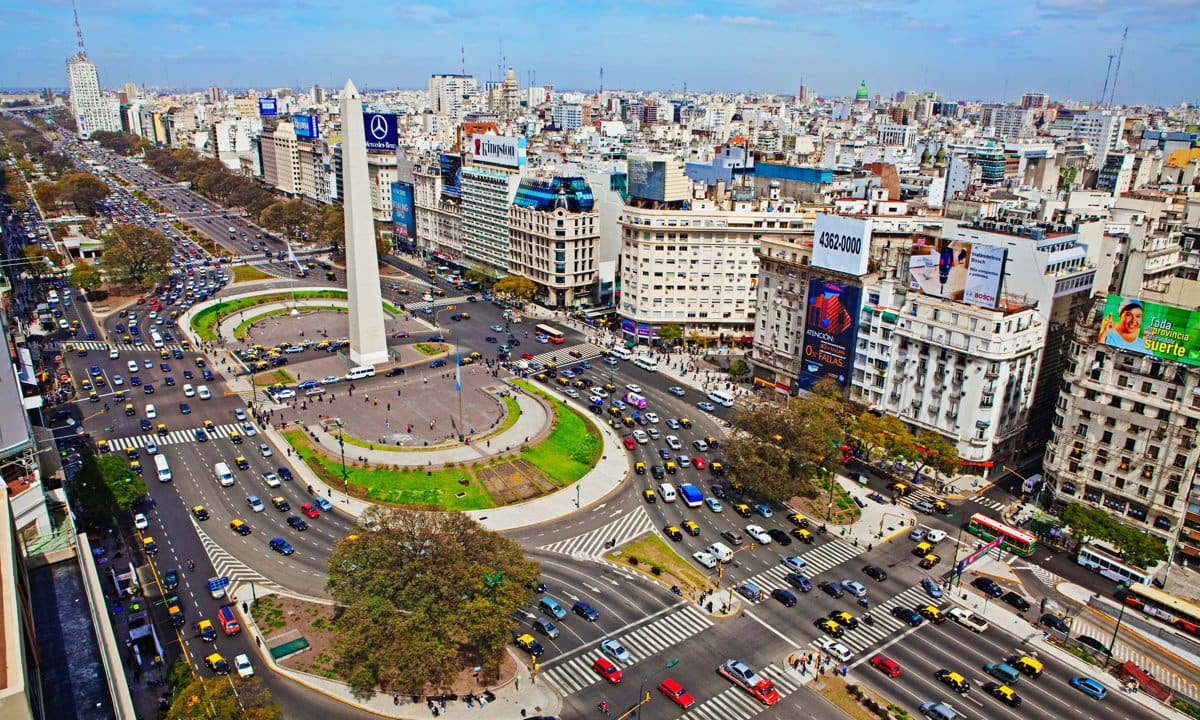
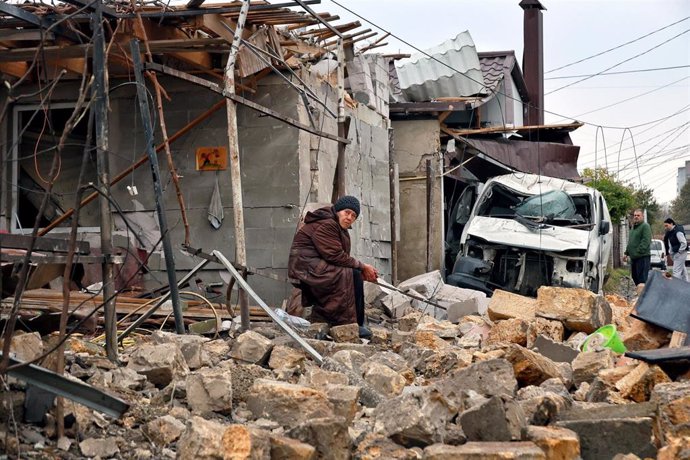


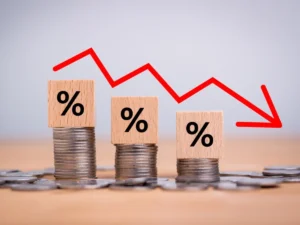

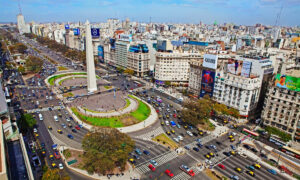




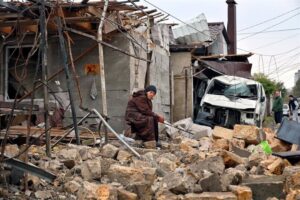

Post Comment